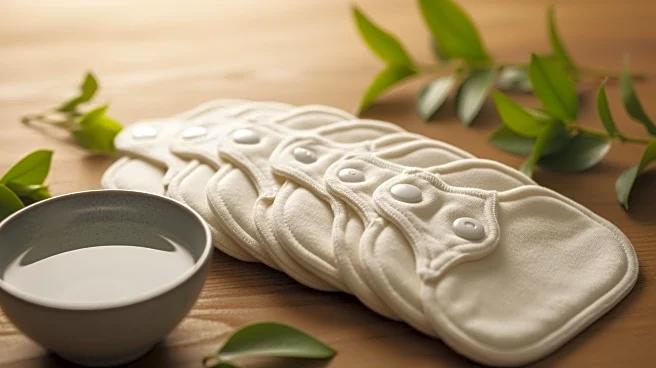Rapid Read • 8 min read
Dr. Ghassan Abu-Sittah, a reconstructive and plastic surgeon, is treating children from Gaza who have been severely injured in the ongoing conflict. Operating from the American University of Beirut Medical Center, Abu-Sittah is focusing on complex reconstructive surgeries for children like Kenzi Madhoun, a 6-year-old girl who lost her arm in an airstrike. Abu-Sittah's work involves multiple surgeries over several years to improve the quality of life for these children. His expertise in managing war wounds is unmatched in Lebanon, making it a critical hub for treating such injuries. The doctor has a long history of working in conflict zones, including Gaza, where he has felt a particular calling to help during times of violence.
AD
The humanitarian crisis in Gaza has led to a significant number of children being injured, with UNICEF estimating over 50,000 Palestinian children affected. Dr. Abu-Sittah's efforts highlight the dire need for specialized medical care for war-injured children, which is scarce in conflict zones. His work not only provides immediate relief but also offers hope for long-term recovery and rehabilitation. The initiative to bring children to Lebanon for treatment underscores the importance of international cooperation in addressing humanitarian needs. This situation also raises awareness about the ongoing conflict's impact on civilians, particularly children, and the necessity for global attention and action.
Dr. Abu-Sittah and his team will continue their work, focusing on long-term reconstructive surgeries for children like Kenzi. The process involves multiple stages, including bone distraction techniques to improve prosthetic fitting. The medical journey for these children is extensive, requiring ongoing support and resources. The establishment of a fund in Abu-Sittah's name aims to facilitate treatment for more war-injured children from Gaza. As the conflict persists, the demand for such medical interventions is likely to increase, necessitating further international support and collaboration.
The ethical implications of treating war-injured children highlight the broader humanitarian responsibilities of the international community. The cultural impact on children who survive such traumatic experiences is profound, affecting their psychological and social development. Long-term shifts may include increased advocacy for peace and conflict resolution, driven by the stories of survivors like Kenzi. The work of Dr. Abu-Sittah serves as a reminder of the resilience and hope that can emerge from tragedy, inspiring future generations to seek solutions to prevent such conflicts.
AD
More Stories You Might Enjoy











